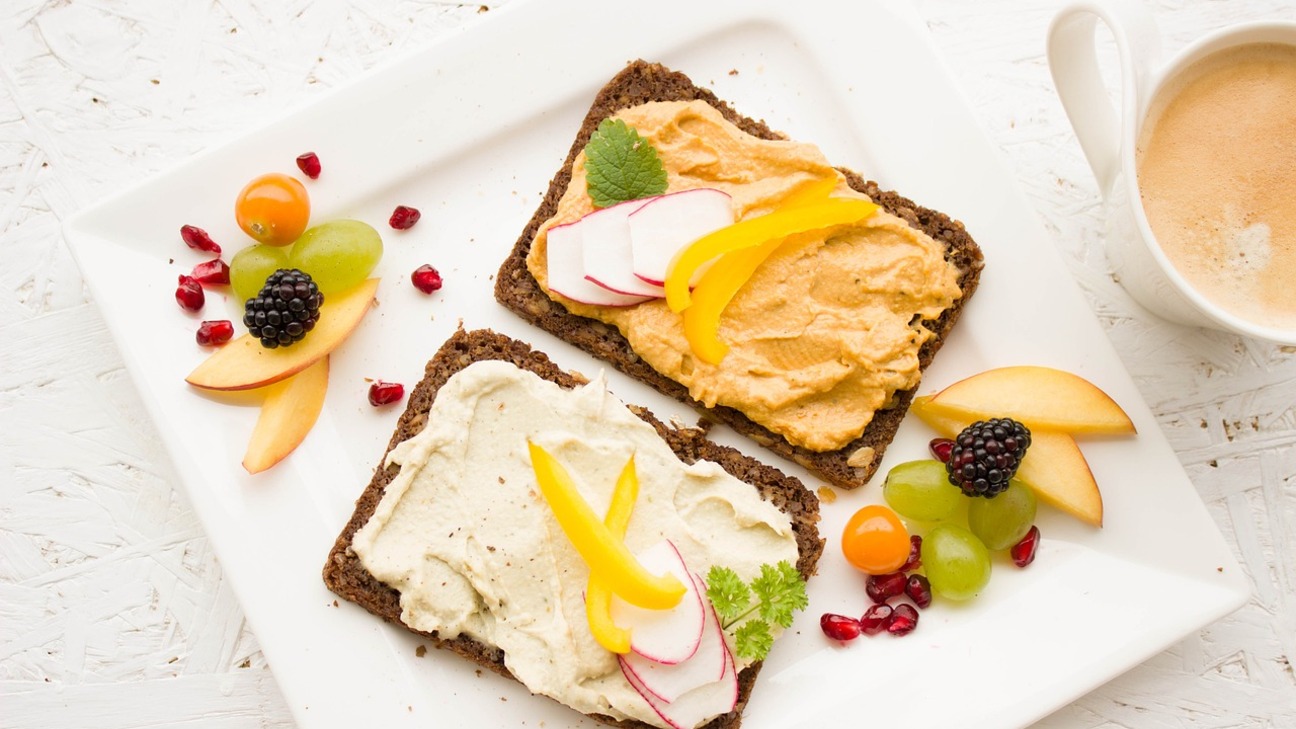
In our fast-paced and stress-filled world, the importance of mental health cannot be overstated. The pursuit of mental well-being is as crucial as physical health, if not more so. While therapy, meditation, and mindfulness practices are well-known tools for maintaining good mental health, one often overlooked aspect is the impact of diet.
A team of researchers from the Institute of Psychiatry at King’s College in London, United Kingdom, conducted an investigation into the potential impact of nutrition on mental health. Their study specifically centered around examining the effects of diet on the hippocampus (1
PubMed Central
Highly respected database from the National Institutes of Health
Go to source ).
Can certain foods truly have a positive influence on our mental well-being? In this comprehensive guide, we will explore the connection between diet and mental health, delve into the science behind it, and provide practical advice on the best diet for mental health.
Introduction
The age-old saying, “You are what you eat,” holds more truth than most of us realize. The food we consume has a profound impact on our physical health, and recent research suggests that it can significantly affect our mental health as well. While there is no magical elixir for mental well-being, a balanced and nutritious diet can play a crucial role in supporting and even improving our mental health.
The Gut-Brain Connection
To understand the link between diet and mental health, we must first explore the fascinating realm of the gut-brain connection. The gut, often referred to as the “second brain,” is home to trillions of microorganisms known as the gut microbiota. Emerging research shows that these tiny inhabitants of our digestive system have a direct line of communication with our brain through the gut-brain axis.
1. Gut Microbiota Composition and Mental Health
Studies have shown that the composition of your gut microbiota can influence your mood and behavior. An imbalance in these microorganisms has been linked to conditions such as depression and anxiety. So, what can you do to promote a healthy gut microbiome through your diet?
2. The Role of Diet in Shaping Your Gut Microbiome
Certain foods can nurture a diverse and beneficial gut microbiome. We’ll explore the foods you should include in your diet to support a flourishing gut microbiota.
Nutrients for a Healthy Mind
Beyond the gut-brain connection, specific nutrients have been identified as essential for maintaining good mental health. Let’s dive into these key nutrients and discover the foods that are rich in them.
1. Omega-3 Fatty Acids
Omega-3 fatty acids, particularly EPA and DHA, are renowned for their brain-boosting properties. We’ll explore the benefits of omega-3s and the best dietary sources to ensure you’re getting an ample supply.
2. B Vitamins
B vitamins, including folate, B6, and B12, play a crucial role in brain function and mood regulation. Learn about these essential nutrients and the foods that provide them.
3. Antioxidants
Antioxidants, such as vitamins C and E, as well as selenium, protect the brain from oxidative stress and inflammation. Discover which foods are rich in these protective compounds.
4. Amino Acids
Amino acids, the building blocks of protein, have a profound impact on neurotransmitter function. We’ll explore the amino acids that are vital for mental health and the foods that supply them.
Summary
Nutrients for a Healthy Mind explores the essential role of omega-3 fatty acids, B vitamins, antioxidants, and amino acids in promoting optimal mental health through a balanced diet rich in these vital nutrients.
The Impact of Sugar and Processed Foods
Not all foods are created equal when it comes to mental health. Sugar-laden and highly processed foods have been associated with mood swings, energy crashes, and even conditions like depression and anxiety. We’ll delve into the dark side of these dietary choices and explore strategies for reducing their impact on your mental health.
Mindful Eating for Mental Well-Being
Eating mindfully is a practice that goes beyond the selection of foods—it encompasses how, when, and where we eat. Learn how adopting mindful eating habits can positively influence your mental well-being.
Special Diets and Mental Health
Certain diets have gained popularity for their potential to improve mental health outcomes.
When considering popular diet plans, the Mediterranean diet stands out with the most compelling evidence supporting its efficacy in alleviating depressive symptoms (2
PubMed Central
Highly respected database from the National Institutes of Health
Go to source ).
We’ll take a closer look at diets like the Mediterranean diet, the DASH diet, and the MIND diet, examining their specific benefits for mental well-being.
Practical Tips for Incorporating Mental Health-Friendly Foods
Armed with the knowledge of which foods support mental health, it’s time to put theory into practice. We’ll provide practical tips and delicious recipes to help you incorporate these foods into your daily diet.
The Importance of Balance
While specific foods and nutrients can undoubtedly contribute to better mental health, balance is key. We’ll discuss the significance of a well-rounded diet that meets your individual needs and preferences.
Conclusion
In the quest for optimal mental health, diet should not be overlooked. The foods we consume can impact our mood, cognition, and overall well-being. By nourishing our bodies with a variety of nutrient-dense foods, supporting a healthy gut microbiome, and practicing mindful eating, we can take significant steps toward a happier and healthier mind.
Remember, there is no one-size-fits-all solution, and individual needs may vary. Consult with a healthcare professional or registered dietitian to develop a personalized nutrition plan that suits your unique requirements. Your mental health is worth the investment, and a nutritious diet is a powerful tool in your journey toward well-being.




